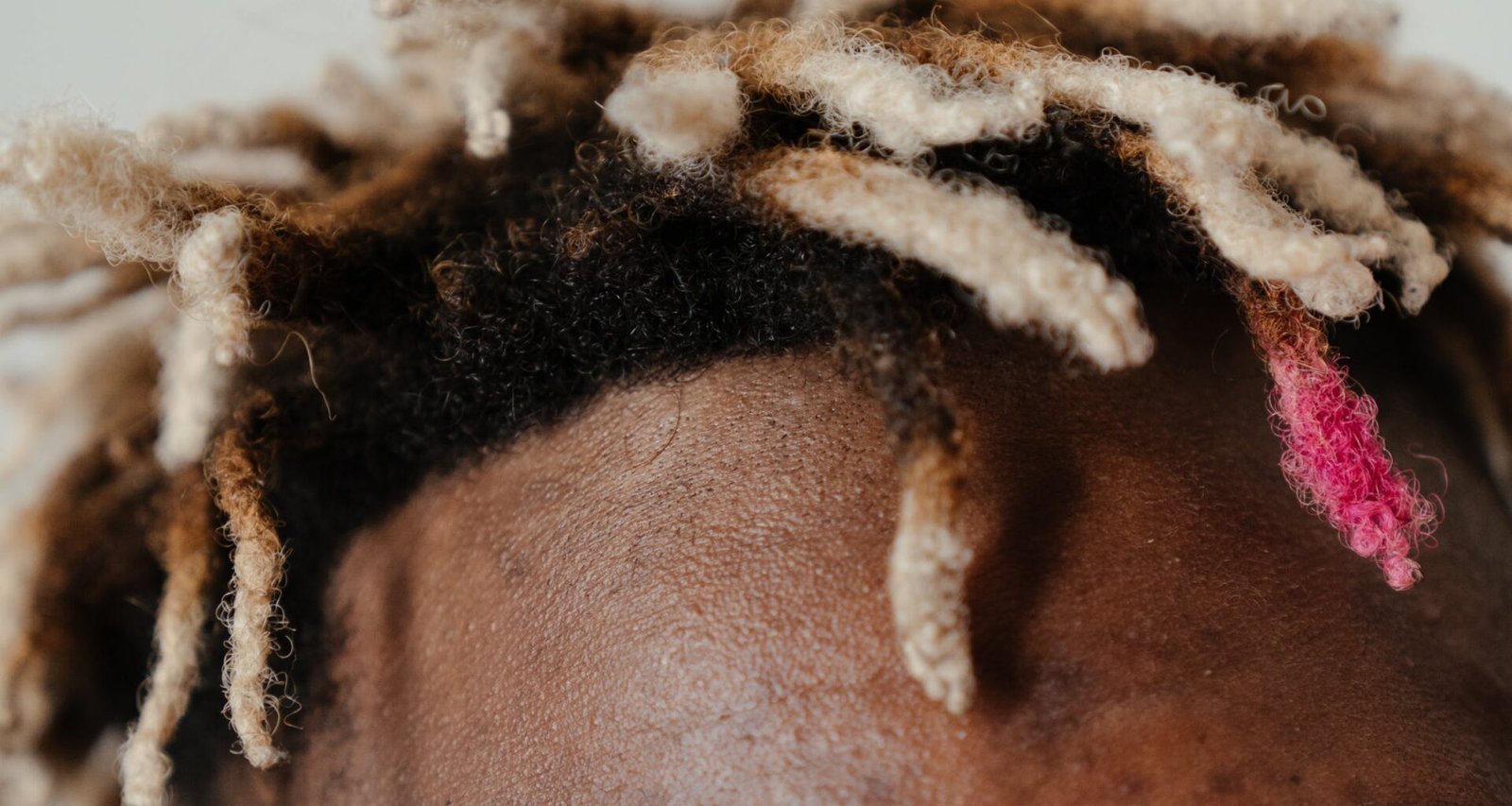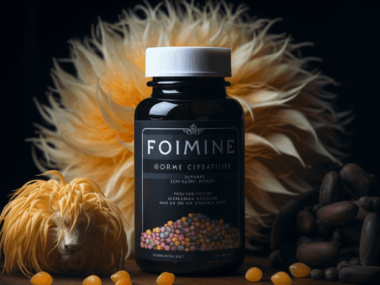Welcome to our exploration into the fascinating world of nootropics and their potential effects on the skin. In this article, we will delve deep into a question that has piqued the curiosity of many: Can nootropics lead to acne? With an empathetic and caring voice, we aim to present you with the most up-to-date scientific facts surrounding this topic. Whether you are a frequent user of these cognitive enhancers or just someone seeking information, strap in as we uncover the truth behind this intriguing connection between nootropics and acne.
The Relationship Between Hormonal Imbalance and Acne Breakouts
Hormonal imbalance can be a major contributor to acne breakouts in both men and women. When hormones such as testosterone increase, they cause the skin’s oil glands to produce more sebum, resulting in clogged pores and acne flare-ups. Nootropics, while known for their cognitive benefits, have been shown to affect hormone levels in some individuals.
How Nootropics Can Impact Hormones
Some studies suggest that certain nootropics may interact with hormonal pathways in the body. For example, an increase in cortisol – the stress hormone – has been observed after consuming certain substances commonly found in nootropic supplements. Elevated cortisol levels can lead to inflammation and increased sebum production on the skin, triggering or worsening acne breakouts.
Balancing Hormones for Clearer Skin
Maintaining hormonal balance is crucial for healthy skin. While more research is needed to fully understand how nootropics impact hormones and acne specifically, it is advisable to consult a healthcare professional before starting any new supplement regimen – especially if you have a history of hormonal imbalances or are prone to acne breakouts.
Understanding the Role of Nootropics in Hormonal Regulation
What are nootropics?
Nootropics are natural or synthetic substances that can enhance cognitive function, improve memory, and boost overall brain health. They are often called “smart drugs” or “brain enhancers.”
How do nootropics affect hormones?
Some studies suggest that certain types of nootropics may have an impact on hormonal regulation in the body. For example, some research suggests that these substances can influence the production and release of key hormones like cortisol, testosterone, estrogen, and insulin.
The potential link between nootropics and acne
While there is limited scientific evidence to directly support a connection between nootropics and acne formation, it is possible that certain types of these substances could indirectly contribute to breakouts. This is because hormonal imbalances can play a role in the development of acne. Therefore, any substance that affects hormone levels has the potential to impact skin health as well.
Although more research is needed to fully understand how exactly nootropics affect hormonal regulation and if they can lead to acne formation, it is important for individuals considering their use to be cautious. It may be beneficial to consult with a healthcare professional before incorporating any new supplement into your routine.
Debunking Myths: Common Misconceptions about Nootropics and Acne
Myth 1: Nootropics directly cause acne breakouts
Contrary to popular belief, there is no scientific evidence to suggest that taking nootropics directly causes acne. Acne is a complex skin condition influenced by various factors such as genetics, hormones, and environmental triggers. While some individuals may experience changes in the appearance of their skin while using certain nootropics, it is important to note that correlation does not imply causation.
Myth 2: All nootropics worsen acne
Not all nootropics will exacerbate existing acne or lead to new breakouts. Some people mistakenly assume that all cognitive enhancers have the same effect on the skin, but this assumption oversimplifies how different compounds can affect individuals differently. Each person’s body reacts uniquely to substances ingested, and some individuals may find improvements in their overall well-being after taking certain types of nootropics.
The link between stress and acne
There is evidence suggesting a connection between stress levels and the occurrence of acne breakouts. Stress can trigger hormonal imbalances within the body, leading to increased oil production and clogged pores – two major contributors to acne formation. Since many people turn to nootropic supplements for stress reduction or improved cognitive function, it is important not to confuse any potential flare-ups with direct causation from these compounds themselves.
Overall, understanding misconceptions surrounding the relationship between nootropics and acne empowers us with accurate information about their effects on our bodies.
Case Studies: Personal Experiences with Acne and Nootropics
Personal Experiences with Acne and Nootropics
Case Study 1: Sarah’s Struggle with Acne
Sarah, a college student, had been dealing with persistent acne for years. Despite trying various skincare routines and medications, her breakouts continued to plague her. Curiosity led Sarah to experiment with different nootropics in the hopes of improving her cognitive function and focus while studying. However, she soon noticed a worsening of her acne after starting certain nootropic supplements.
Initially dismissing it as unrelated, Sarah grew concerned when the breakouts didn’t subside even after stopping the supplements. After consulting with a dermatologist, it was revealed that some ingredients commonly found in nootropics can affect hormone levels in the body. This imbalance subsequently triggered excess oil production and resulted in more severe acne for Sarah.
Case Study 2: Mark’s Positive Experience
On the other hand, Mark’s journey with acne took an unexpected turn thanks to his experience using nootropics. As someone who struggled not only academically but also socially due to low self-confidence stemming from his severe acne, he decided to give nootropics a try based on positive reviews online.
To his delight, after incorporating certain nootropic supplements into his daily routine for several weeks’ time, Mark began noticing improvements not just in his cognition but also in his skin condition. The scientific explanation behind this phenomenon lies within some specific compounds known as adaptogens present in those particular supplements that promote overall hormonal balance — helping stabilize sebum production and reducing inflammation in the skin.
Ultimately, these contrasting experiences highlight how individual reactions can vary significantly when it comes to the relationship between nootropics and acne. While there is scientific evidence linking specific ingredients or mechanisms behind some cases of acne flare-ups due to certain substances found in popular nootropic formulations, further research is needed before definitive conclusions can be drawn regarding how exactly this interaction occurs. Additionally, everyone’s body chemistry is unique, which means individuals may respond differently to the same nootropic supplements. Therefore, it’s crucial for individuals with acne concerns to consult a dermatologist or medical professional before incorporating any new substances into their routine.
Scientific Studies: Exploring the Link between Nootropics and Skin Health
Examining the Link between Nootropics and Skin Health
The relationship between nootropics and skin health has become a topic of interest in scientific studies. Researchers have conducted several investigations to determine whether these cognitive-enhancing supplements could potentially contribute to acne breakouts or other skin issues.
Studies on humans are limited, but preliminary research suggests that certain nootropics may impact the skin. For example, some evidence indicates that excessive consumption of caffeine, a common ingredient in many nootropic blends, can stimulate oil production in the skin. This excess oil can clog pores and lead to acne flare-ups.
While more comprehensive research is needed to fully understand the connection between nootropics and their potential effects on skin health, it’s important for individuals considering using these supplements to be aware of any possible side effects.
Potential Side Effects: Nootropics and Acne-Prone Skin
Using nootropics may lead to certain side effects, one of which is the potential for acne breakouts in individuals with already acne-prone skin. While not everyone experiences this side effect, it is important to be aware of the possibility.
How can nootropics contribute to acne?
- Increased sebum production: Some nootropics have been linked to an increase in sebum production, which is the oily substance that can clog pores and lead to acne.
- Hormonal imbalance: Certain nootropics have been found to affect hormonal balance, potentially triggering or exacerbating acne in those who are already susceptible.
- Interaction with other medications: The combination of nootropics with other medications might interfere with their effectiveness or interactions could result in skin problems such as breakouts.
In order to minimize the risk of experiencing acne while using nootropics, it’s essential to prioritize skincare practices such as cleansing regularly and avoiding pore-clogging products. Additionally, consulting a healthcare professional before starting any new supplement regimen is advised, particularly if you are prone to acne or currently on medication for your skin condition. Keeping our readers’ well-being at heart, we understand how crucial it is to approach nootropic usage thoughtfully and responsibly.
Nootropics and Acne: Expert Recommendations for Safe Usage and Prevention
Expert Recommendations for Safe Usage and Prevention
1. Choose the right nootropics
Not all nootropics are created equal when it comes to their potential impact on acne. Some may have a higher likelihood of triggering breakouts than others. To minimize the risk of acne, opt for nootropics that are less likely to disrupt hormonal balance or increase inflammation in the body.
2. Maintain a healthy lifestyle
Taking care of your overall health can also help prevent acne flare-ups while using nootropics. This includes eating a balanced diet, getting regular exercise, managing stress levels, and practicing good hygiene habits such as keeping your skin clean and moisturized.
3. Stay hydrated
Drinking plenty of water can aid in flushing out toxins from your body and improve overall skin health. It is particularly important to stay well-hydrated when taking certain types of nootropics that may have diuretic effects or dehydrate the body.
Conclusion: Balancing Brain Health with Skincare
While there isn’t concrete scientific evidence linking all nootropic usage with acne development, some individuals may experience breakouts due to specific ingredients or formulations used in these supplements. By making informed choices about which types of nootropics you take and adopting healthy lifestyle habits, you can decrease the chances of developing acne while benefiting from cognitive enhancements provided by these supplements.








